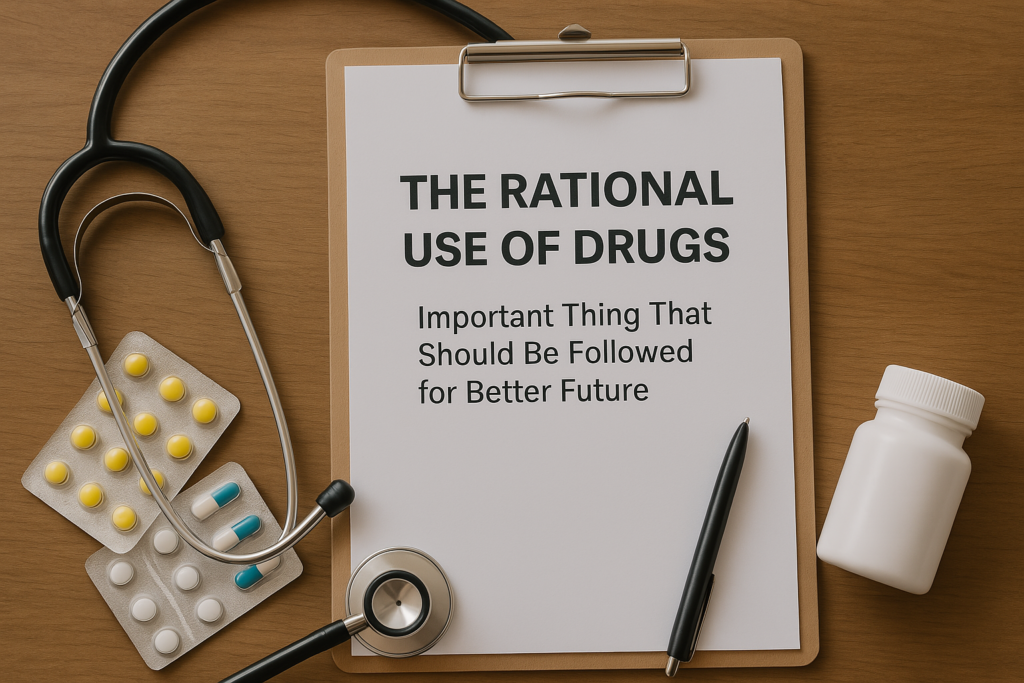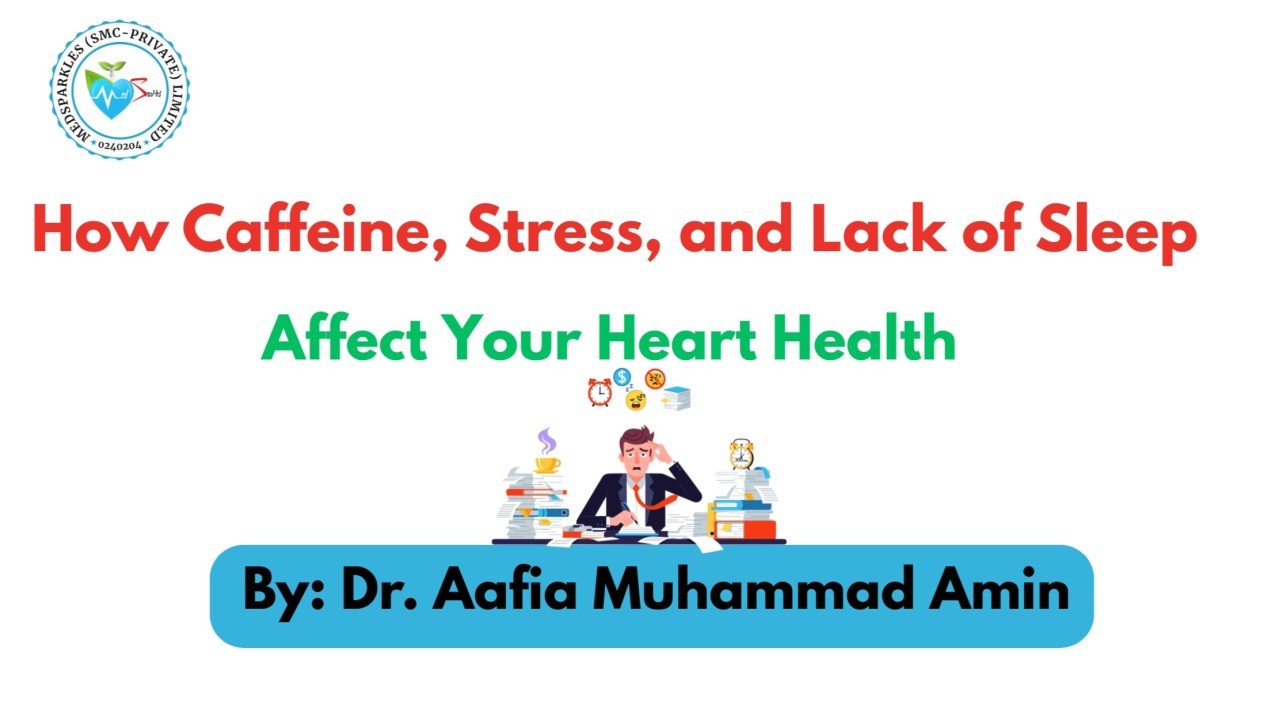
The rational use of drugs is a fundamental principle in healthcare that ensures medications are prescribed, dispensed, and administer appropriately to achieve optimal therapeutic outcomes. The World Health Organization (WHO) defines rational drug use as “patients receiving medications appropriate to their clinical needs, in doses that meet their individual requirements, for an adequate period, and at the lowest cost to them and their community”. Despite its importance, irrational drug use remains a major global issue, leading to increased healthcare costs, antimicrobial resistance, and adverse drug reactions.
IMPORTANCE OF RATIONAL DRUG USE
Rational drug use has a very significant impact on health care system and patients’ life. If the medications are correctly prescribed it can:
• Improves patient safety by minimizing adverse drug reactions and medication errors.
• Reduces antimicrobial resistance by preventing unnecessary antibiotic use.
• Promotes cost-effectiveness and reduces healthcare expenditure.
• Ensures optimal therapeutic outcomes, improving public health.
COMMON ISSUES:
1. One of the most common issues in health care profession is polypharmacy that means prescribing of using multiple medications unnecessarily, means without any proper indication or problem just due to common practice and patients’ psychology. This practice increases risk of drug interactions and side effects, and this leads to non-adherence towards the actual medications that are required.
Solution: To overcome this problem, we have to implement certain things:
•Medication review programs to regularly assess prescriptions and discontinue unnecessary drugs.
•Make and follow Essential Medicines List based on treatments of choice.
2. The other common problem worldwide is antimicrobial resistance (AMR) that make treatment difficult against infections. And we can see its very common practice in our households that in minor flu or fever we start taking antibiotic that not only led to its resistance but also make our immune system weak because we are not giving it enough space to fight against any king of infection.
Solution: to overcome this issue we have to:
•promote antibiotic stewardship programs, ensuring antibiotics are prescribed only when necessary and following guidelines.
•Doctors must follow standard treatment guidelines so patient can only receive antibiotics when necessary.
•Overprescription by Physicians: Some doctors may prescribe medications due to patient demands or pharmaceutical marketing influences.
•Lack of Patient Awareness: Many patients do not understand their medications, leading to non-compliance or incorrect use.
STRATEGIES TO PROMOTE RATIONAL DRUG USE
To mitigate these problems, several measures can be taken:
- Doctors should follow standard treatment protocols and evidence-based prescribing.
- The patients should be made aware of the need for drug compliance and risks of self-medication.
- Policies must limit unethical promotion and incentives for overprescription.
- king essential drugs available at reasonable costs discourages prescribing unnecessary drugs.
- Reporting and monitoring adverse drug reactions assist in treatment protocol improvement and drug safety.

CONCLUSION
The rational utilization of medicines is vital towards promoting improved healthcare outcomes and avoiding the abuse of drugs. Patients, policymakers, and healthcare professionals have to collaborate to achieve safe, economical, and effective application of medicines. Promoting awareness and enforcing rigorous control measures could combat irrational drug usage and create a healthier future.






